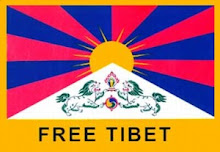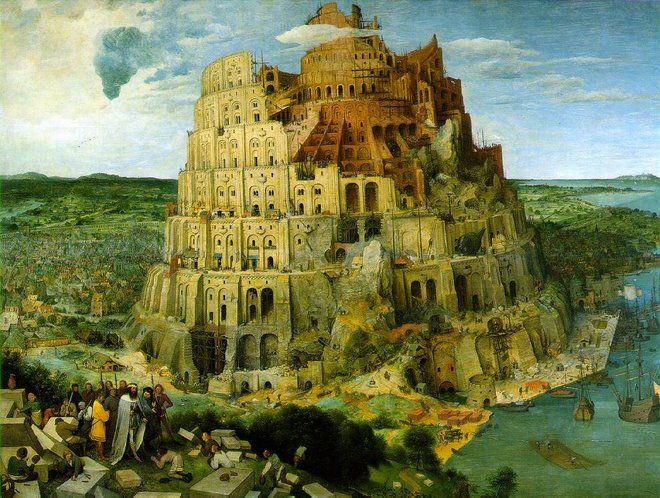 «Number 2 de Number 1 is the second instalment in the Senegalese salsa/mbalax story of Star Band and Number One de Dakar. Number One were the main rivals to Orchestre Baobab in the 1970s. Both had similar sounds apart from the guitars. Baobab's Barthelemy Attiso is the consummate technician and plays quietly but his understated leads creep up on you till you are totally engulfed in his sound. Yahya Fall is more of a chancer: he uses dramatic effects so tube screamer and fuzz-tone pedals pop on when you least expect them and jarringly remind you of acid rock. Star Band are well-known for applying the traditional Wolof instruments sabar and talking drum to Cuban rumba rhythms. Yahya Fall joined the Star Band in 1970 but quit 6 years later, feeling he wasn't getting his due from bandleader Ibra Kassé. He left with other disgruntled musicians and they formed a new band called Starband Numero Un, claiming they had the original members aboard. But Ibra Kassé had the Minister of Internal Affairs on his side and the breakaway group were told to think of another name and leave Star Band alone. Thus they switched the Numero Un to English and became Number One de Dakar. Founder Pape Seck (beloved for his work with Africando) was chef d'orchestre. Other vocalists included Mar Seck and Nicolas Mennheim. Ali Penda Ndoye also joined on trumpet.
«Number 2 de Number 1 is the second instalment in the Senegalese salsa/mbalax story of Star Band and Number One de Dakar. Number One were the main rivals to Orchestre Baobab in the 1970s. Both had similar sounds apart from the guitars. Baobab's Barthelemy Attiso is the consummate technician and plays quietly but his understated leads creep up on you till you are totally engulfed in his sound. Yahya Fall is more of a chancer: he uses dramatic effects so tube screamer and fuzz-tone pedals pop on when you least expect them and jarringly remind you of acid rock. Star Band are well-known for applying the traditional Wolof instruments sabar and talking drum to Cuban rumba rhythms. Yahya Fall joined the Star Band in 1970 but quit 6 years later, feeling he wasn't getting his due from bandleader Ibra Kassé. He left with other disgruntled musicians and they formed a new band called Starband Numero Un, claiming they had the original members aboard. But Ibra Kassé had the Minister of Internal Affairs on his side and the breakaway group were told to think of another name and leave Star Band alone. Thus they switched the Numero Un to English and became Number One de Dakar. Founder Pape Seck (beloved for his work with Africando) was chef d'orchestre. Other vocalists included Mar Seck and Nicolas Mennheim. Ali Penda Ndoye also joined on trumpet. But don't expect slick New York-style salsa horn charts, these guys ain't the Fania All-Stars: they have their own ideas about horn playing so there is some very ragged (but charming) soloing on here. And the guitar work shimmers. […] These 15 musicians were the hottest thing going and it was some time before the remainder of the band, fronted by Youssou Ndour, came to rival and then surpass them, as Etoile de Dakar. Two of the five vocalists of Number One were heavily into salsa at the time. Years later one of them, Pape Seck, enjoyed the accolades of the world fronting Africando as a salsero in his final years. But back in the day, like they say, there was still the smoky guitar styling of Yakhya Fall to contend with and, with Mamane Fall on tama or talking drum, it was clear that mbalax was the wave of the future rather than Senegalese salsa. There's a three-man horn section (the trumpeter is the weakest member of the ensemble) and a good bass and rhythm guitar adding momentum to Yakhya's far-out trips.
The tracks are drawn from their third through seventh album releases. (one of the best tracks, #7, listed as "Ngomar," is actually "Lii Lumuy Nuru.") On Mar Seck's "Mory," the guitarist stomps his echo pedals and works out, feeding back and landing the Roland Space Echo, and trying out all the effects at once, over a haunting sustained 4-bar repeated groove punctuated by the tama.» (Muzikifan)
Link in comments











11 comments:
very cool!
thanks! Nice post and very nice blog!!!
Beautiful music. Thank you.
muchas gracias poe el disco.
creo que había un nº 1 de nº 1, sería estupendo poder conseguirlo también.
thanks you for the disc and for your work.
great music...
This sounds very interesting,
thank you very much.
NEW LINKS:
Part1:
http://sharebee.com/a785dc9a
Part 2:
http://sharebee.com/f22345f2
Thank you for posting!
Thanks! Great album
Great stuff on this Blog so THANX for EVERYTHING..keep it up, much appreciated. Henri
note files posted are tagged for artist - Orchestra Number One - rather than - Star Band Number One - also according to Sterns:
Released: 11 Oct 2001
Country: SENEGAL
Cat# 2004803 NO. 2 DE NO. 1 (DKS019)
DAKAR SOUND
very cool to discover this here... thanks!
Post a Comment